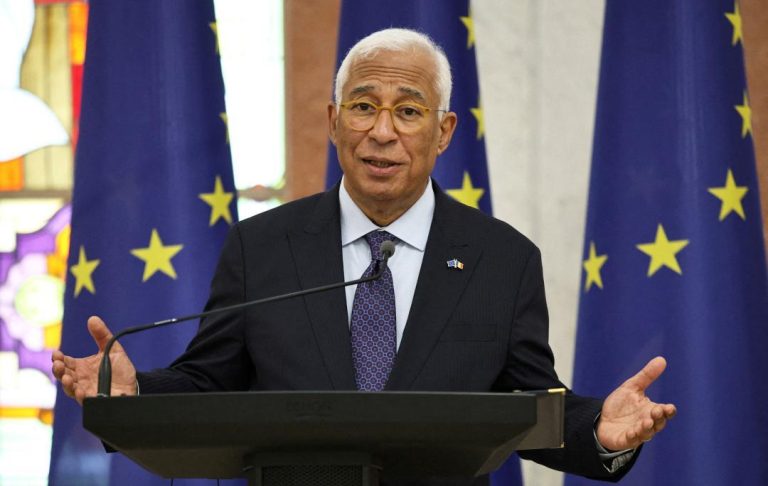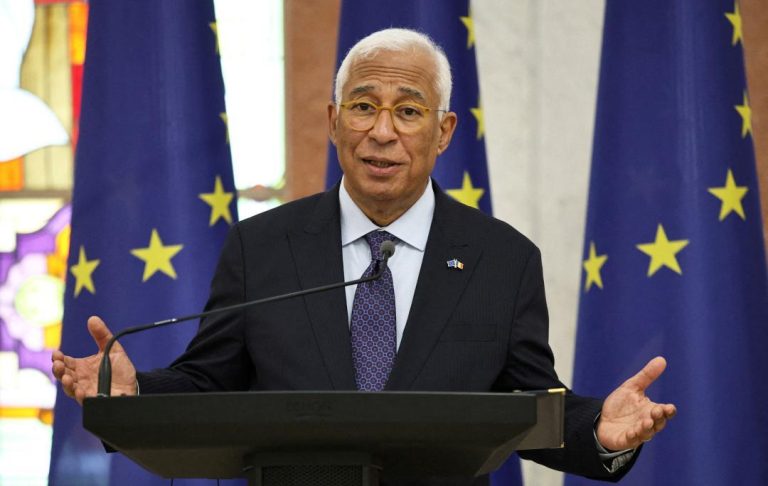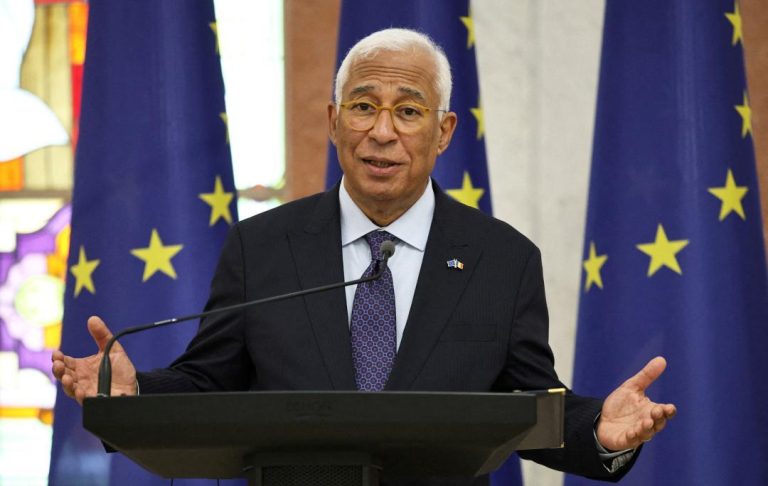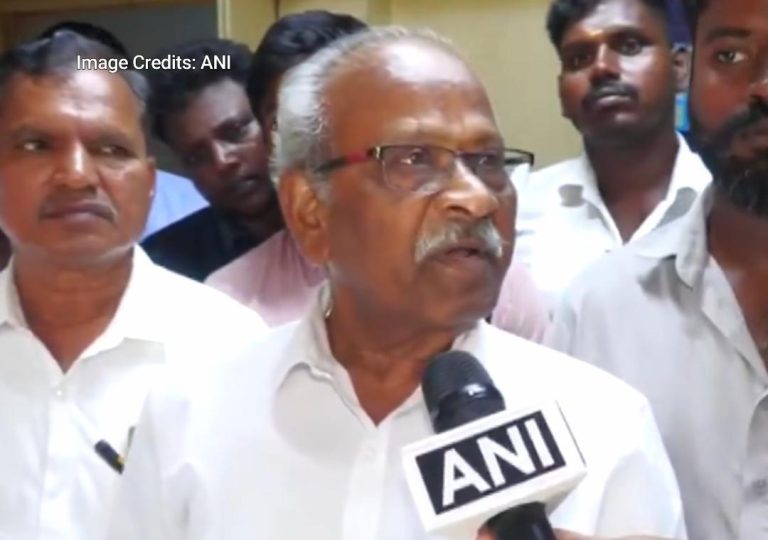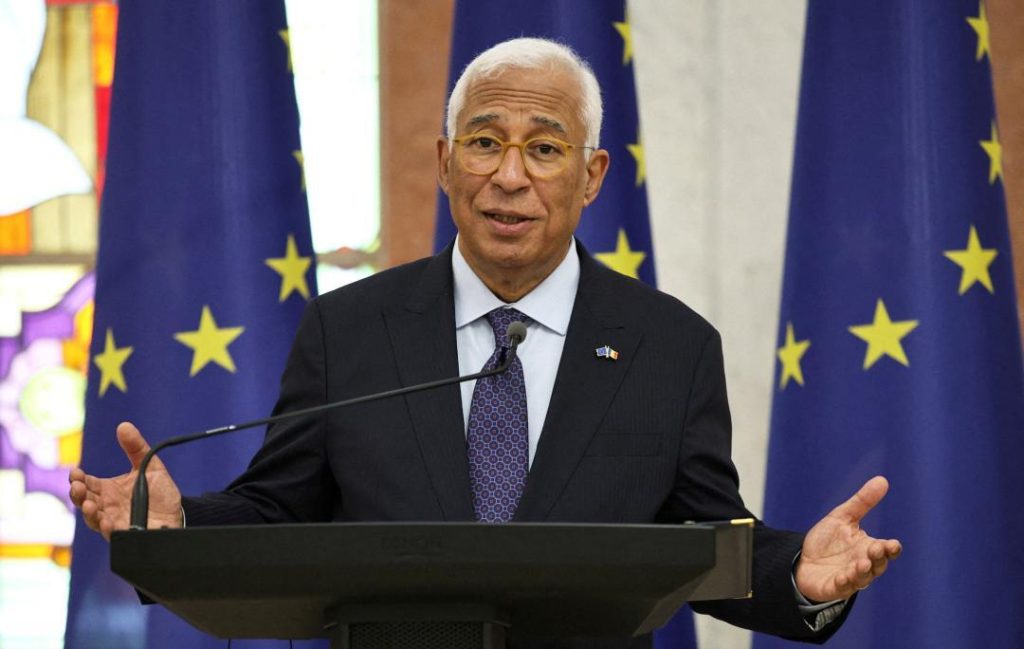
No Indications Spain, Portugal Blackout a Cyberattack: EU’s Costa
A massive power outage has left millions of people in Spain and Portugal in the dark, with both countries still scrambling to restore electricity supply. While speculation has been rife about the cause of the blackout, EU Council President Antonio Costa has issued a statement reassuring the public that there are “no indications of any cyberattack at this point”.
The power outage, which occurred on [date], affected millions of people in both countries, with reports of widespread disruptions to daily life, including transportation, communication, and vital services. As the situation continues to unfold, Costa has been in close contact with the leaders of both countries, including Spanish President Pedro Sánchez and Portuguese Prime Minister Luís Montenegro, to ensure a swift and effective response.
In a statement, Costa emphasized that grid operators in both Spain and Portugal are working tirelessly to identify the cause of the outage and restore electricity supply as soon as possible. While the investigation is ongoing, Costa’s statement has helped to ease concerns about the potential for a cyberattack, one of the most common and feared causes of modern-day power outages.
The possibility of a cyberattack on the power grids of Spain and Portugal had been a concern in the wake of the blackout, with many experts warning that such an attack could have devastating consequences. In recent years, there have been several high-profile cyberattacks on critical infrastructure around the world, including a 2015 attack on Ukraine’s power grid that left hundreds of thousands of people without electricity.
However, Costa’s statement has provided some reassurance that the situation may not be as dire as initially feared. While the cause of the blackout is still unknown, the fact that there are “no indications of any cyberattack at this point” suggests that the outage may be due to a more traditional cause, such as equipment failure or human error.
The blackout has also raised questions about the resilience of the power grids in Spain and Portugal, particularly in the wake of recent investment in renewable energy and the increasing reliance on decentralized power generation. While the shift towards renewable energy has many benefits, it also presents new challenges for grid operators, who must balance the supply and demand for electricity in real-time.
In the aftermath of the blackout, both Spanish and Portuguese authorities have vowed to conduct a thorough investigation into the cause of the outage and to take steps to prevent similar incidents in the future. The incident has also highlighted the importance of international cooperation in responding to major disasters, with Costa’s statement underscoring the EU’s commitment to supporting its member states in times of crisis.
As the situation continues to unfold, one thing is clear: the blackout in Spain and Portugal is a stark reminder of the importance of investing in critical infrastructure and developing robust emergency response plans. While the cause of the outage may not be a cyberattack, it is a stark reminder of the potential consequences of failure and the need for continued vigilance in the face of an ever-evolving threat landscape.
Source: https://x.com/eucopresident/status/1916859055546544517
